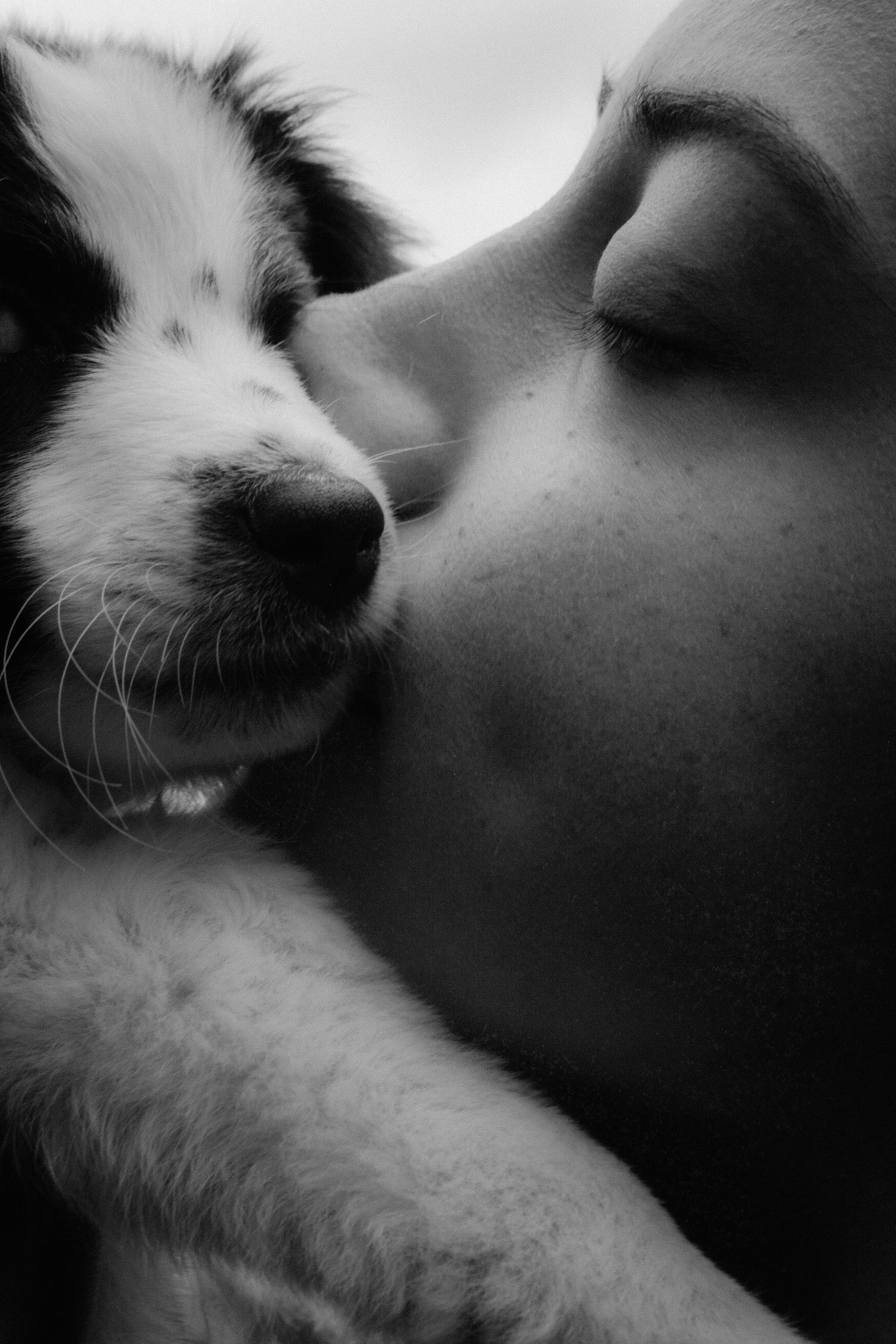How to Treat a Dog's Runny Nose: Tips and Tricks

How to Treat a Dog's Runny Nose
Just like humans, dogs can suffer from a runny nose due to various reasons, ranging from allergies to respiratory infections. If you've noticed your furry friend sniffling or their nose constantly dripping, it's essential to understand the underlying causes and how to provide effective relief. This blog post will guide you through identifying the reasons for your dog's runny nose and offering practical tips for treatment.
Identifying the Cause of a Runny Nose
Before you can effectively treat your dog's runny nose, it is crucial to understand what's causing it. Common causes include:
- Allergies: Pollen, dust, and other environmental allergens can trigger allergic reactions in dogs.
- Respiratory Infections: Viral or bacterial infections can cause nasal discharge.
- Foreign Objects: Small objects lodged in the nose can also lead to a runny nose.
- Dental Issues: Problems with teeth or gums can cause nasal discharge.
Once you've considered these factors, a visit to the vet is advisable to confirm the diagnosis and rule out serious conditions.
Home Remedies and Treatments
If the runny nose is mild and your vet has ruled out any severe underlying issues, there are several home remedies and treatments you can try:
- Keeping the Environment Clean: Regularly clean your home and your dog's bedding to remove potential allergens.
- Humidifier: Using a humidifier in the area where your dog sleeps can help soothe and clear their nasal passages.
- Proper Hydration: Ensure your dog drinks enough water, which helps to thin the mucus and keep the nasal passages clear.
- Dietary Supplements: Supplements like omega-3 fatty acids can boost your dog's immune system and help manage allergies.
When to Visit the Vet
While home remedies can be effective, there are times when a visit to the vet is necessary:
- Persistent Symptoms: If the runny nose lasts more than a few days or is accompanied by other symptoms such as sneezing, coughing, or fever, it's time to see the vet.
- Changes in Behavior: Changes in appetite or activity level are signs that your dog might be more seriously ill.
- Discolored or Thick Nasal Discharge: If the discharge from your dog's nose is yellow, green, or has a bad odor, this could indicate a bacterial infection.
Your vet might recommend medications such as antibiotics or antihistamines, depending on the diagnosis. Furthermore, in some cases, supportive treatments like IV fluids or oxygen might be necessary.
Preventive Measures
To prevent future occurrences of a runny nose, consider the following:
- Regular Vet Visits: Regular check-ups can help catch and address issues before they become severe.
- Vaccinations: Keeping up with your dog's vaccinations can prevent many diseases that cause respiratory symptoms.
- Avoiding Irritants: Reduce your dog's exposure to cigarette smoke and strong chemicals, which can irritate their nasal passages.
In conclusion, a runny nose in dogs can be a minor issue or a sign of something more serious. Understanding the cause, opting for appropriate treatment, and preventing future episodes can ensure your dog stays healthy and happy.